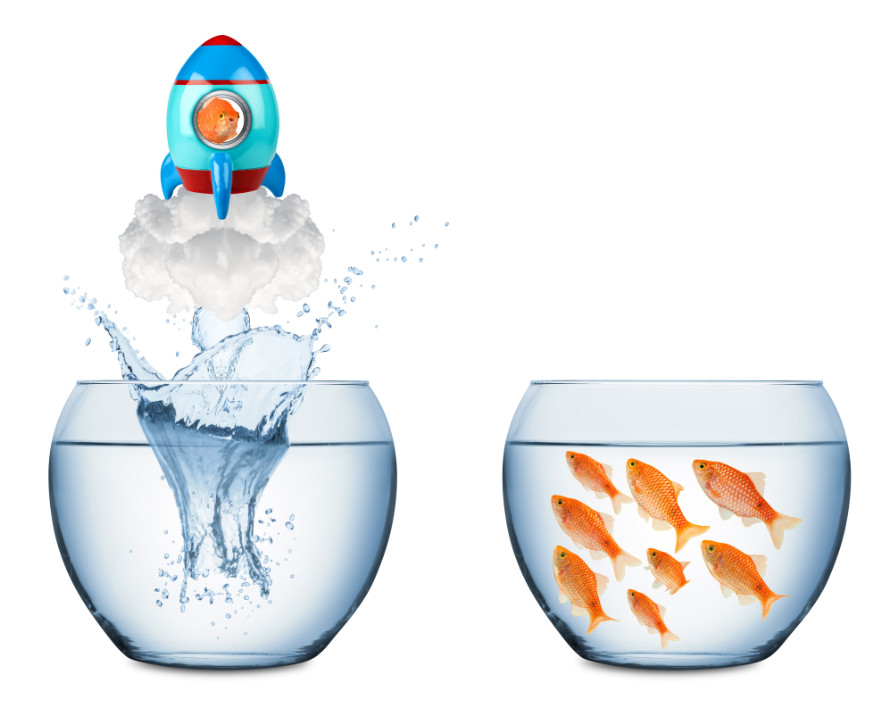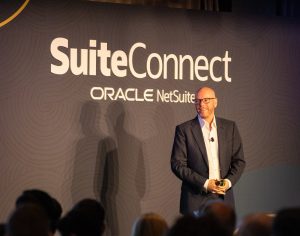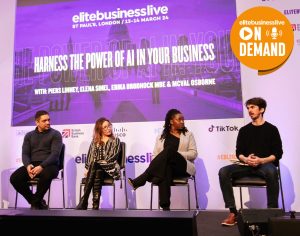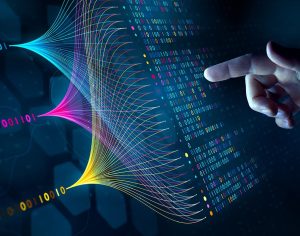Innovation has long been met with resistance. Edison’s electric lightbulb was called unworthy of “the attention of practical or scientific men” when it arrived in Britain in 1878. A Victorian automobile inventor was told, “You’re crazy if you think this fool contraption you’ve been wasting your time on will ever displace the horse”.
But creative disruption is inevitable. Music technology evolved from the phonograph to radio to record player to 8-Track and on to iTunes. Each stage had early adopters and vocal resisters, but the revolution still marched forward, with or without them.
Workplace disruptions are no different. The new replaces the old, everyone fears the worst, but the worst never materialises—unless we refuse to adapt. Automation and artificial intelligence (AI) are the newest targets of collective fear, scepticism, and resistance to change—but they’re also our greatest opportunity for transformational growth.
Here are my key predictions for what to expect as AI continues to disrupt the modern enterprise.
Jobs won’t disappear,
they’ll advance
Every new technology was feared as the invention that would put everyone out of work. It still hasn’t happened. In fact, the opposite is the case. Consider the implementation of automation in the manufacturing industry. A 2017 McKinsey report predicted that 30% of workers may be displaced by new technology. Instead, we saw that after a readjustment period, people found other jobs and the manufacturing sector created more jobs to accommodate for rising automation. When outdated industries and jobs are threatened by new technology, they can choose to dig in their heels, or do the hard work of adapting to what’s coming.
The era of the digital nomad
Technology is enabling a much more egalitarian and nomadic society. Hierarchies are flattening, equality is prized, and the office building might even cease to exist—even as the work itself continues.
Workfront acquired a company a few years ago with an employee who called himself a “digital nomad.” He lived in a different city each month. He used Uber and Lyft for transportation and stayed at various Airbnb properties. And he could log into work and keep up on his projects no matter where he went, as long as he had a Wi-Fi connection. I think we’ll see much more of this working style in our digital future.
Remote working, task switching, and juggling multiple things at once are second nature to the rising generation of workers.
Work will get smarter
Many of us are living the “smart life.” We can control our lights and heating with our phones. Yet, at work, this goes out the window. We’re drowning in emails that are disconnected from our daily role. Booking meetings takes an email chain to align everyone’s schedules. We’re unsure who has capacity to take on tasks, so we assign blindly, and workloads are often uneven.
This disjointed, chaotic approach to work isn’t going to fly with those who grew up surrounded by technology. They are comprising an ever-larger share of our workforce. They expect everything at work to function seamlessly. In fact, our 2020 State of Work report found 96 percent of knowledge workers already think that it should be as easy to find information at work as it is on Google. I believe, over time, it will.
I envision a day when your integrated work management system will notify you that your train is running late, and you’re likely to miss that 8am meeting. So, the system automatically enables you to join from home instead – and all of the relevant documents are in the system and available right at your fingertips. To reschedule, the system tells you everyone in your 10am meeting is also available later that afternoon. With a single swipe, you move the meeting marker and the system sends out automated notifications. Integrated and “smart” digital work experiences like this aren’t as far away as we may think.
Resistance to sweeping change is normal. But if we’ve learned anything from the lightbulb, or the automobile, it’s that change is good and opens up a whole new world of opportunities to those who embrace it.
Share via:


















































